Our Mexican laws in English can help you understand Mexico’s legal landscape in your own language. A foreign Mexican business owner must stay up-to-date on the latest Mexican laws and regulations.
Whether starting a new business in Mexico or expanding an existing one, we can help you comply with Mexican law. You can find the English versions of the most important Mexican laws on this page.
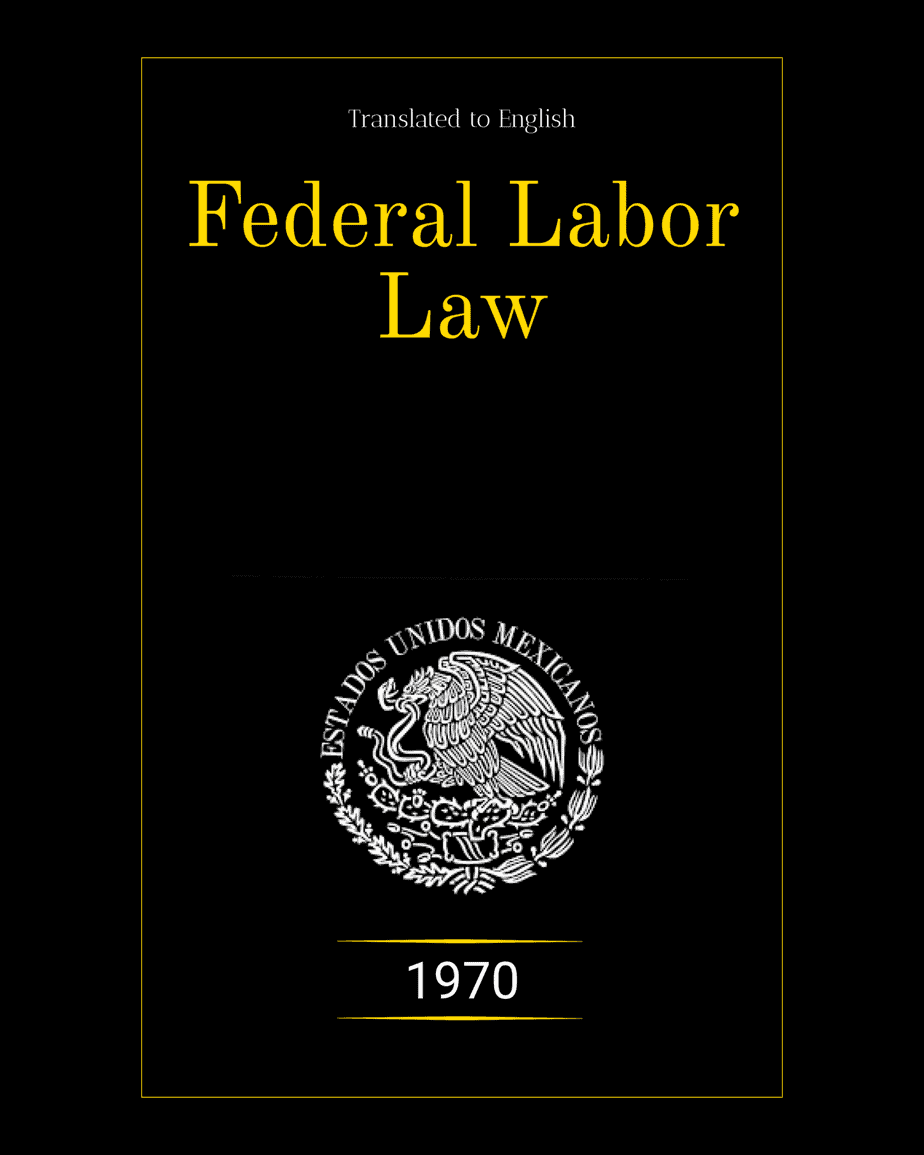
The Federal Labor Law covers various topics related to labor and employment, including working hours, wages, overtime pay, vacation time, and workplace safety. It also provides hiring and termination procedures, collective bargaining, and dispute resolution regulations. One of the key features of the Federal Labor Law is its protection of workers' rights to organize and join labor unions. The law recognizes the right of workers to strike and engage in collective bargaining, and also provides for the establishment of labor courts to resolve disputes between employers and employees.
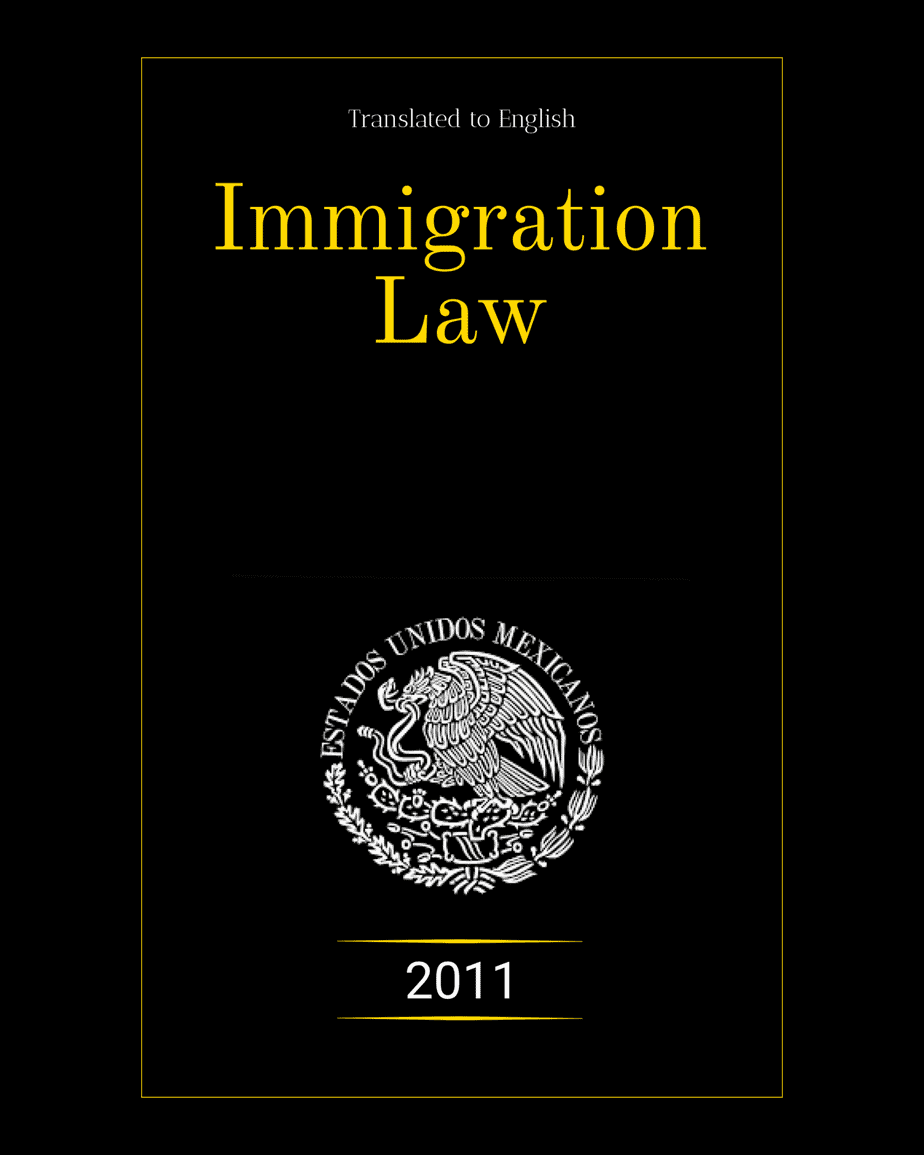
The Mexican immigration law is a set of legal regulations that govern the entry, stay, and departure of foreigners in Mexico. The primary objective of the immigration law is to regulate the flow of people into the country, ensure national security, and protect the rights of both Mexican citizens and foreign nationals. The law covers a wide range of topics related to immigration, including visas, residency permits, deportation procedures, and naturalization requirements.
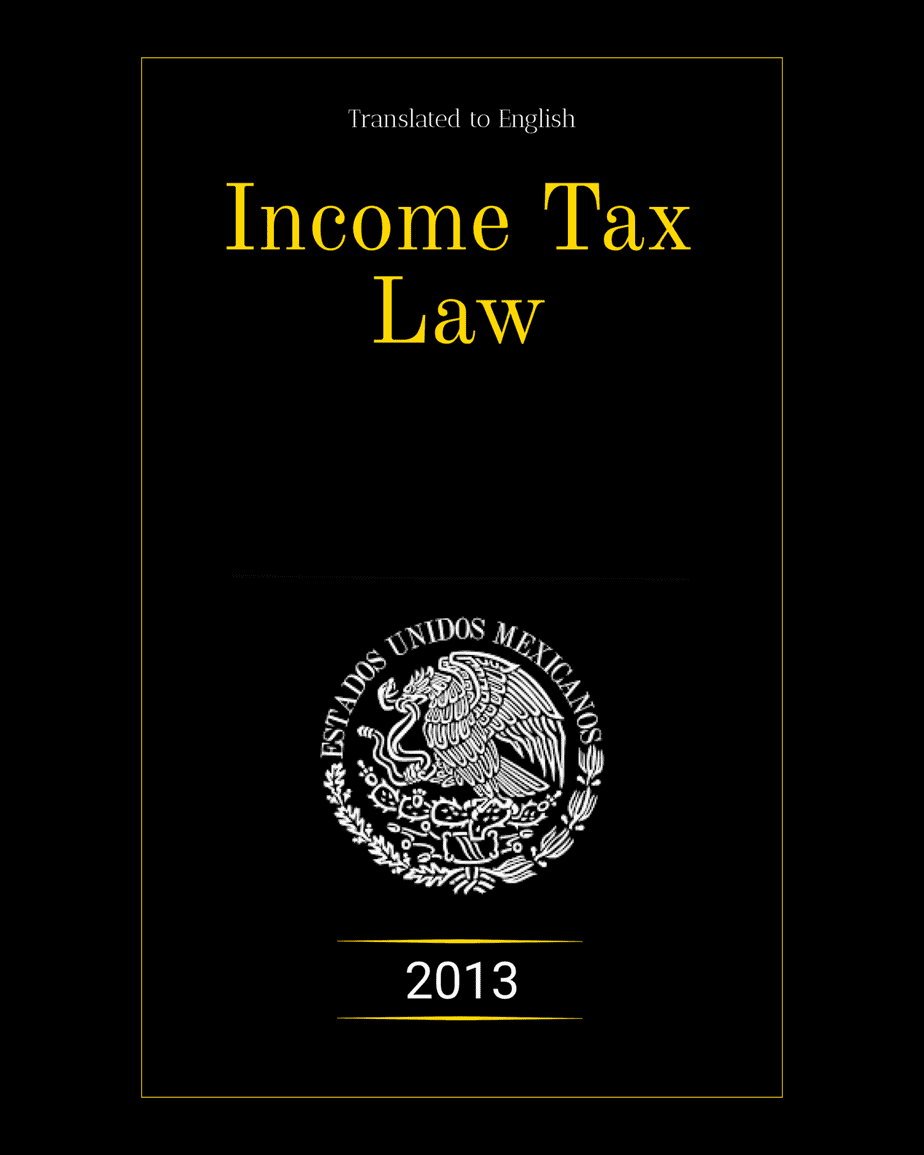
The Mexican income tax law is a set of legal regulations that govern the taxation of income earned by individuals and businesses in Mexico. The primary objective of the income tax law is to generate revenue for the federal government and promote social justice by redistributing income. The law covers a wide range of topics related to income taxation, including tax rates, tax deductions, tax credits, and reporting requirements.
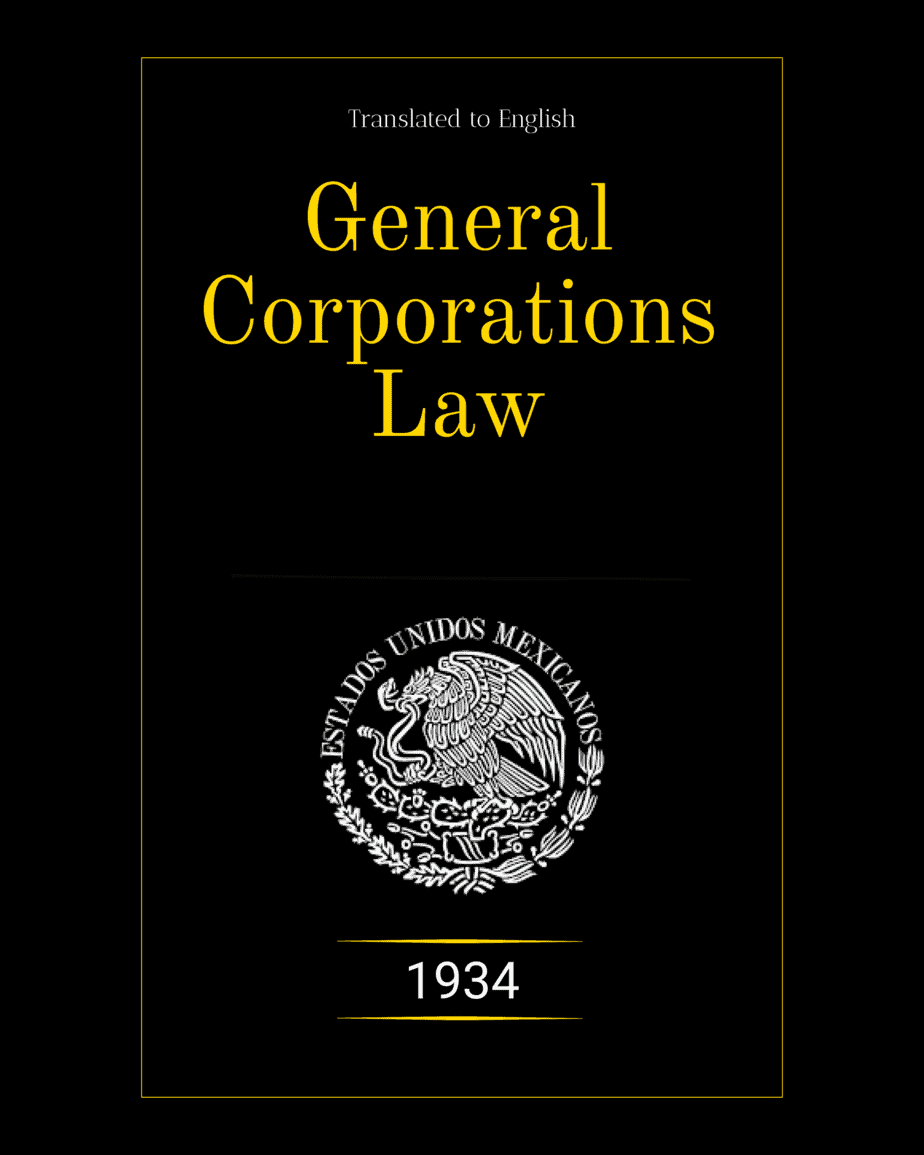
The Mexican Corporations & Partnerships Law governs the formation and operation of companies and partnerships in Mexico. The law outlines the procedures for establishing a legal entity, including the registration process and the requirements for articles of incorporation. It also covers the rights and obligations of shareholders and partners, as well as the management and governance structures of the company. The law regulates different types of entities, including limited liability companies, stock corporations, and partnerships, each with its own unique characteristics and legal requirements. Understanding the Mexican Corporations & Partnerships Law is essential for individuals and businesses seeking to establish and operate a legal entity in Mexico.
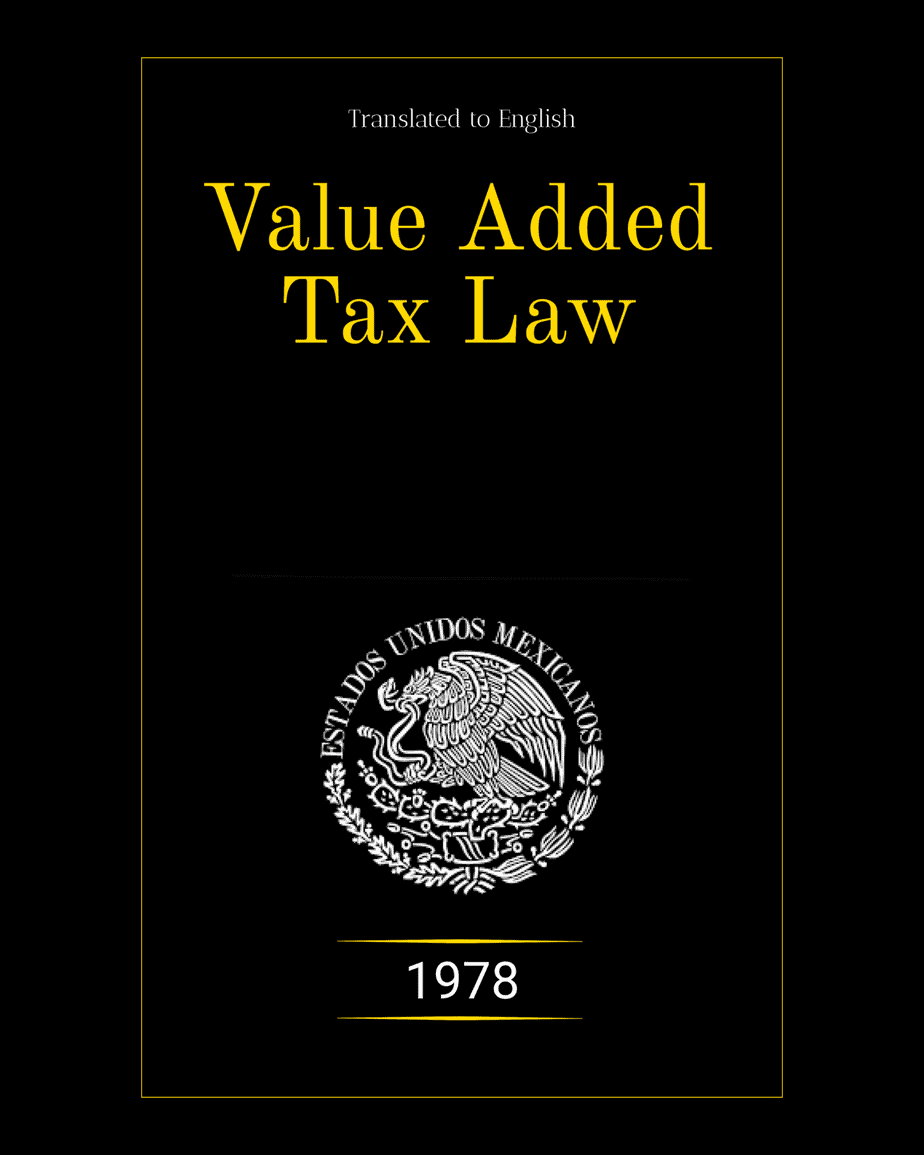
The Mexican Value-Added Tax (VAT) law is a set of legal regulations that govern the taxation of goods and services in Mexico. The law requires businesses to charge and collect VAT on their sales and services, and then remit the tax to the government. The VAT rate in Mexico is currently 16% and applies to most goods and services, with some exemptions and reduced rates for certain items, such as food and medicine. The law also sets out the rules for registering for VAT, filing tax returns, and obtaining VAT refunds. Understanding the Mexican VAT law is important for businesses operating in Mexico to ensure compliance with the tax system and avoid penalties and fines.
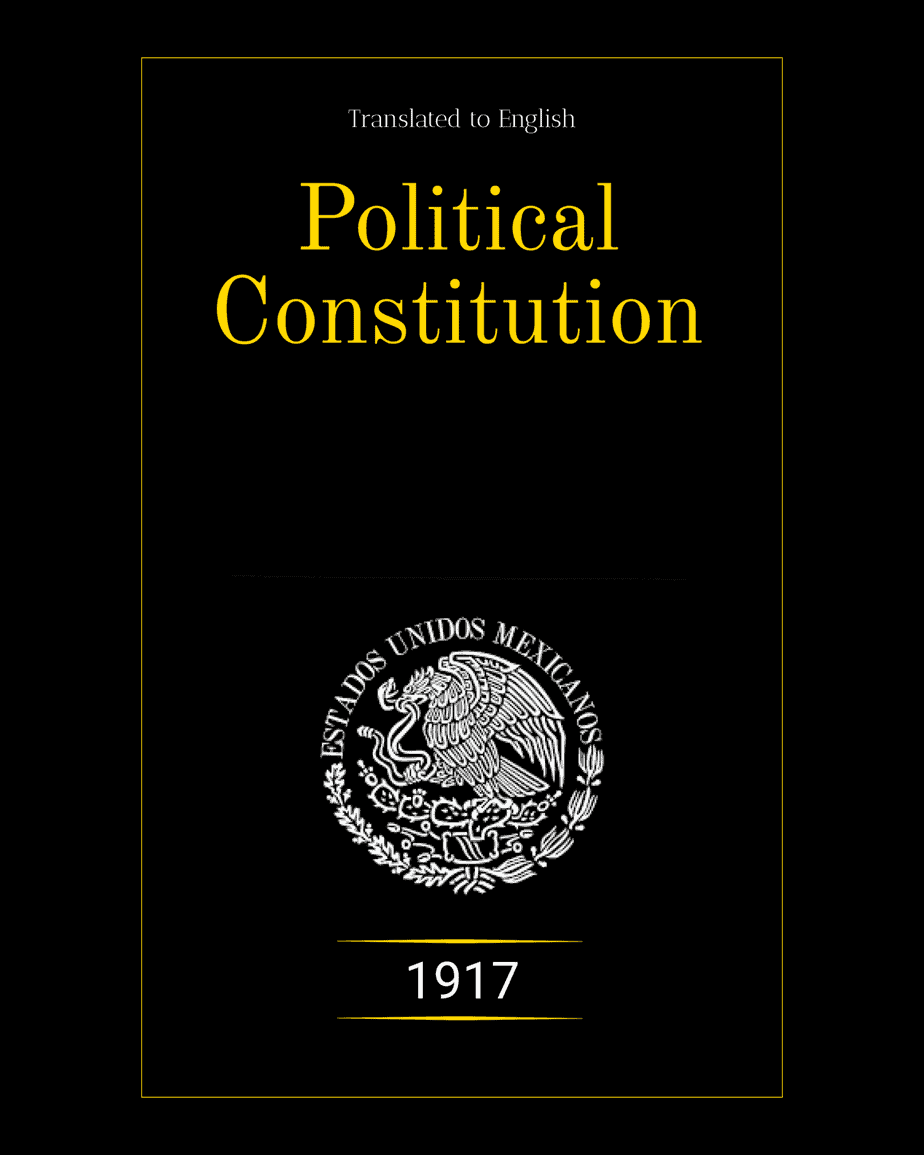
The Mexican Constitution is the supreme law of the United Mexican States, outlining the country's political and legal framework. It was first adopted in 1917 and has since undergone several amendments. The Constitution establishes the structure and powers of the federal government, including the legislative, executive, and judicial branches, as well as the state governments. It also guarantees fundamental rights and freedoms to Mexican citizens, such as the right to equality, freedom of speech, and due process of law. The Constitution also outlines the country's economic and social policies, including land reform, education, and labor rights. Understanding the Mexican Constitution is essential for anyone seeking to understand the legal and political landscape of Mexico.
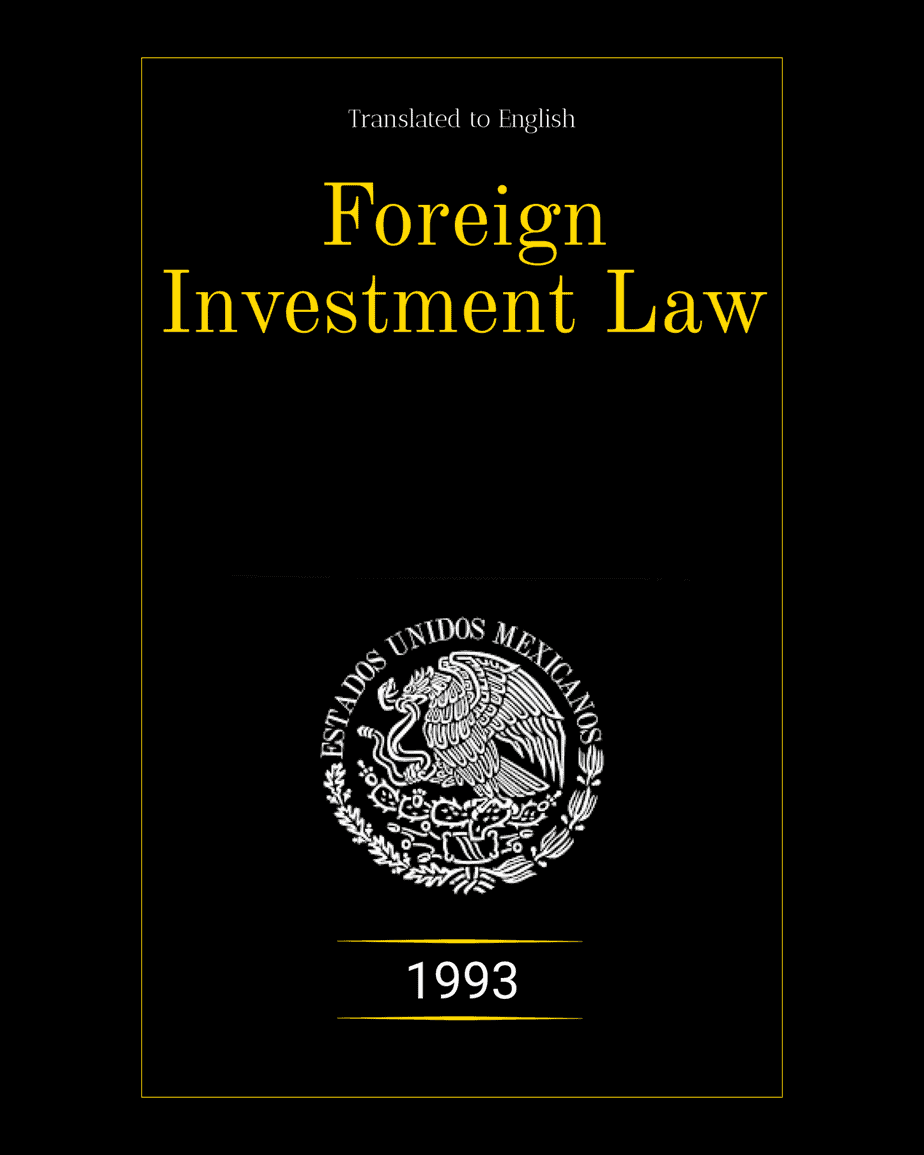
The Mexican Foreign Investment Law is a set of legal regulations that govern the entry and operation of foreign investors in Mexico. The law sets out the rules and procedures for foreign investment in different sectors of the Mexican economy, including manufacturing, services, and real estate. The law also provides guarantees and protections for foreign investors, including the ability to repatriate profits and access to Mexican courts in case of disputes. Additionally, the law outlines the requirements and procedures for obtaining authorization and permits for foreign investments. Understanding the Mexican Foreign Investment Law is important for foreign investors seeking to enter and operate in the Mexican market, as it provides a legal framework that promotes foreign investment and protects foreign investors' rights.
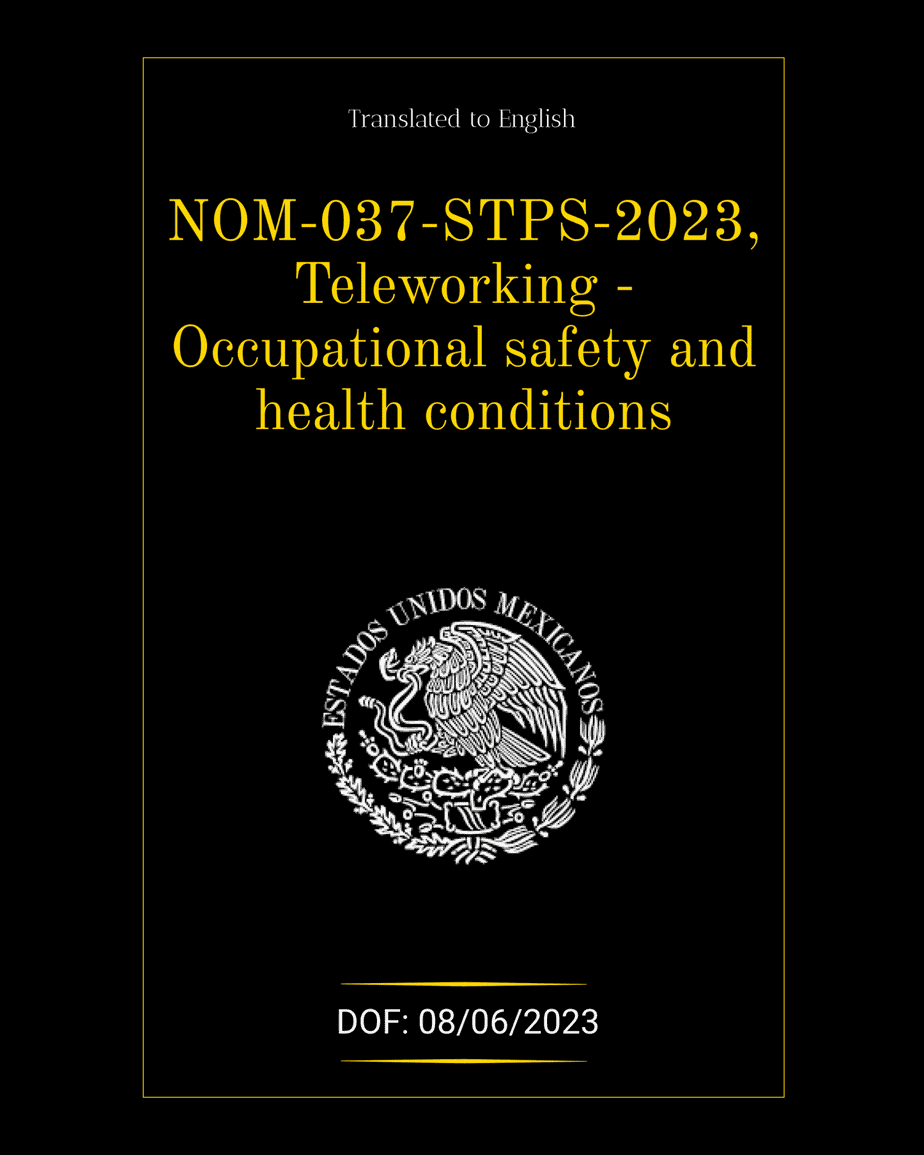
NOM-037-STPS-2023 is the Official Mexican Standard that regulates telework (or "home office" as it's sometimes called) in Mexico. It was published in June 2023 and came into effect in December 2023.
The main purpose of NOM-037 is to establish the safety and health conditions that apply to employees who work remotely, with the goal of preventing accidents and illnesses and promoting a safe and healthy work environment.
Here are some key aspects of NOM-037:
Scope: It applies to all workplaces in Mexico that have employees working remotely for more than 40% of their workday.
Employer Obligations: Employers must provide the necessary equipment and resources for teleworkers, ensure safety and health conditions in the remote workspace, establish a telework policy, and provide training on occupational health and safety.
Employee Rights: The standard establishes the right to disconnect, meaning employees have the right to disconnect from work and refrain from participating in any work-related communication outside of working hours.
Safety and Health Checklist: NOM-037 includes a checklist that employers and employees can use to assess the safety and health conditions of the remote workspace.
Starting operations in Mexico?